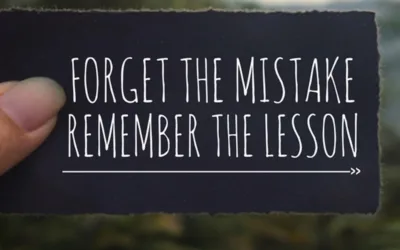Most of us can cope with adversity if it doesn’t arrive as a total surprise. Knowing what’s coming is often the best way to put plans in place to mitigate financial shocks. That’s why the subject of deeming rates needs to raised.
All’s been quiet on this topic for a while and there’s a reason for that. Back in pre-Covid days there were justifiable grievances that deeming rates were way too high. We’ve now entered a time when one could argue that they are far too low. Why is this the case? And if it is, can you prepare for what seems inevitable – an increase on July 1 this year?
Deeming rates are an aspect of means testing that affect full and part-Age Pensioners and self-funded retirees alike. They also affect those living in age care facilities, so you could say that all older Australians are likely to be affected, in some way, if they change on 1 July as expected.




